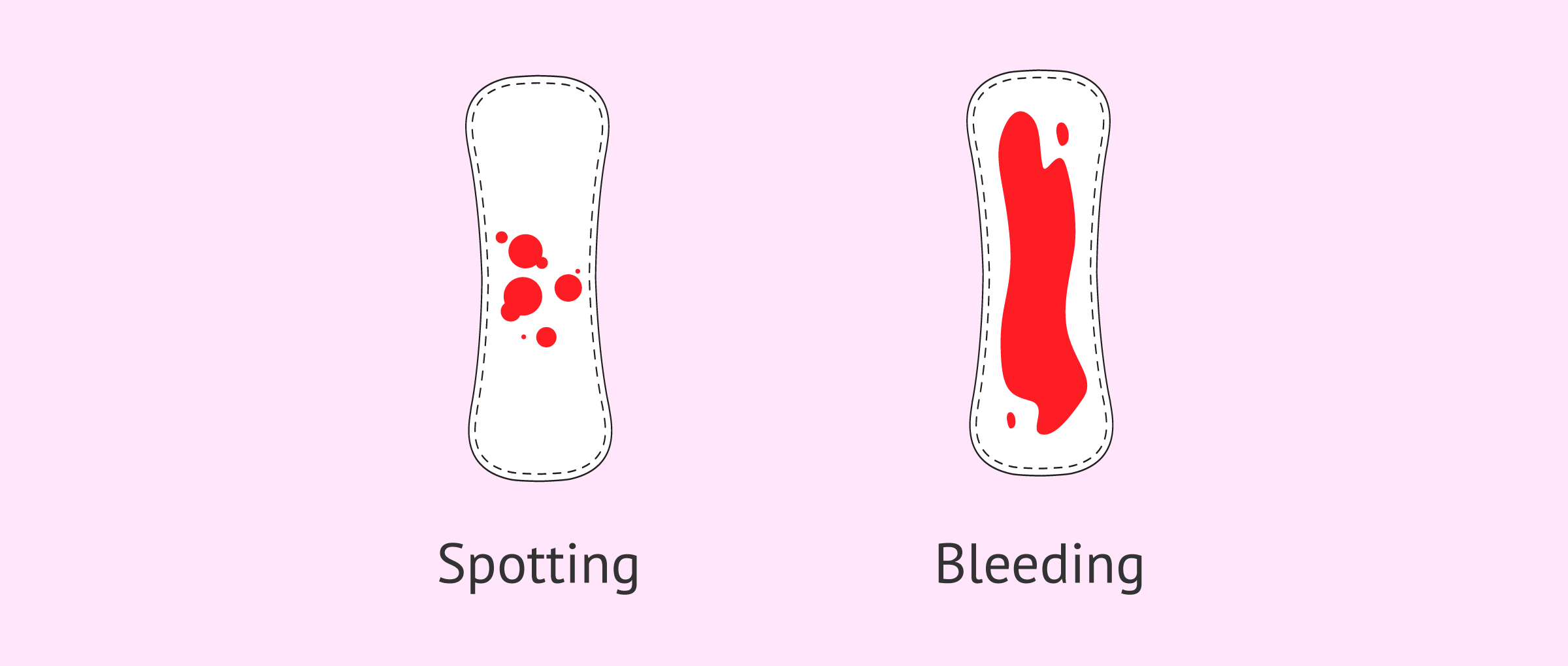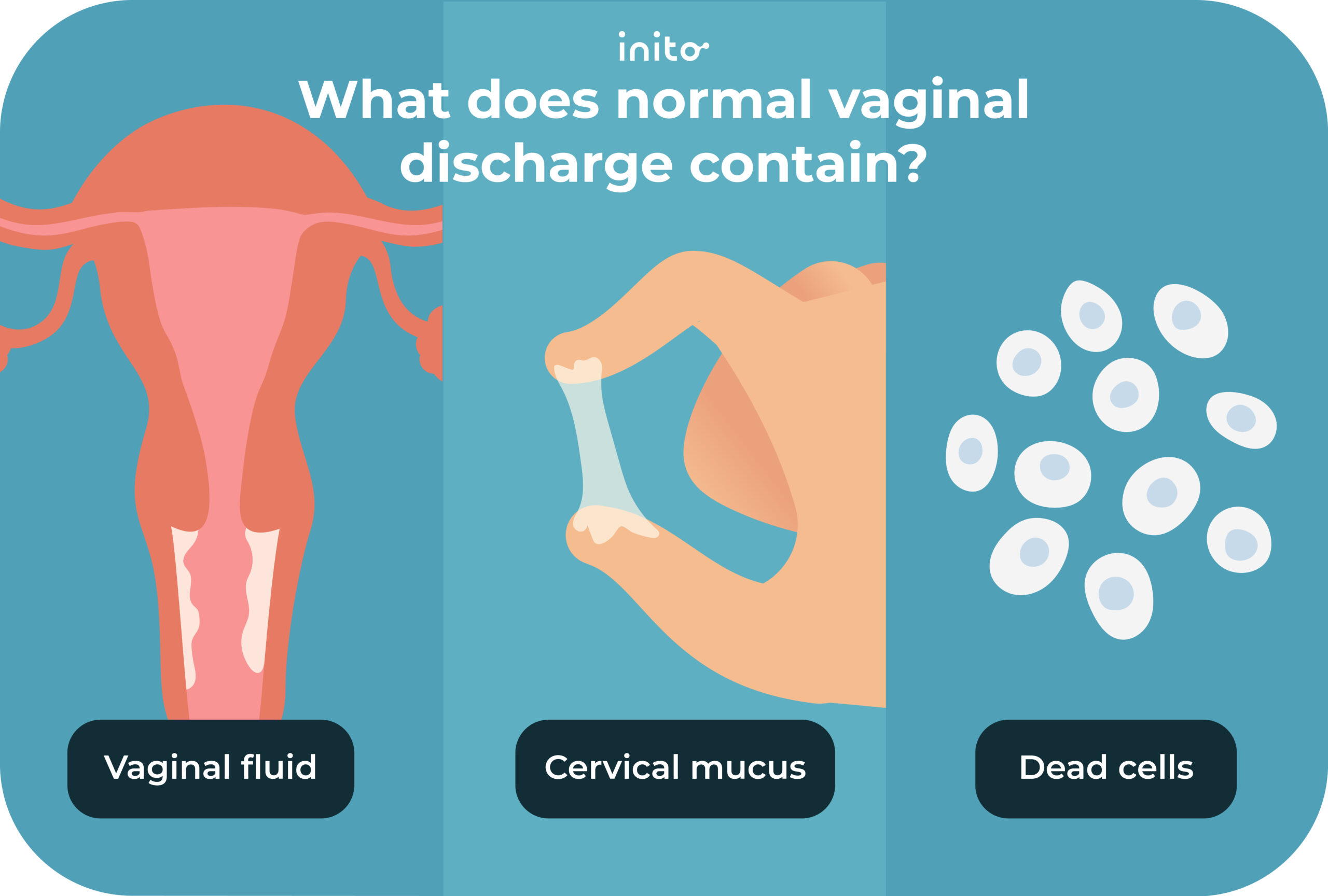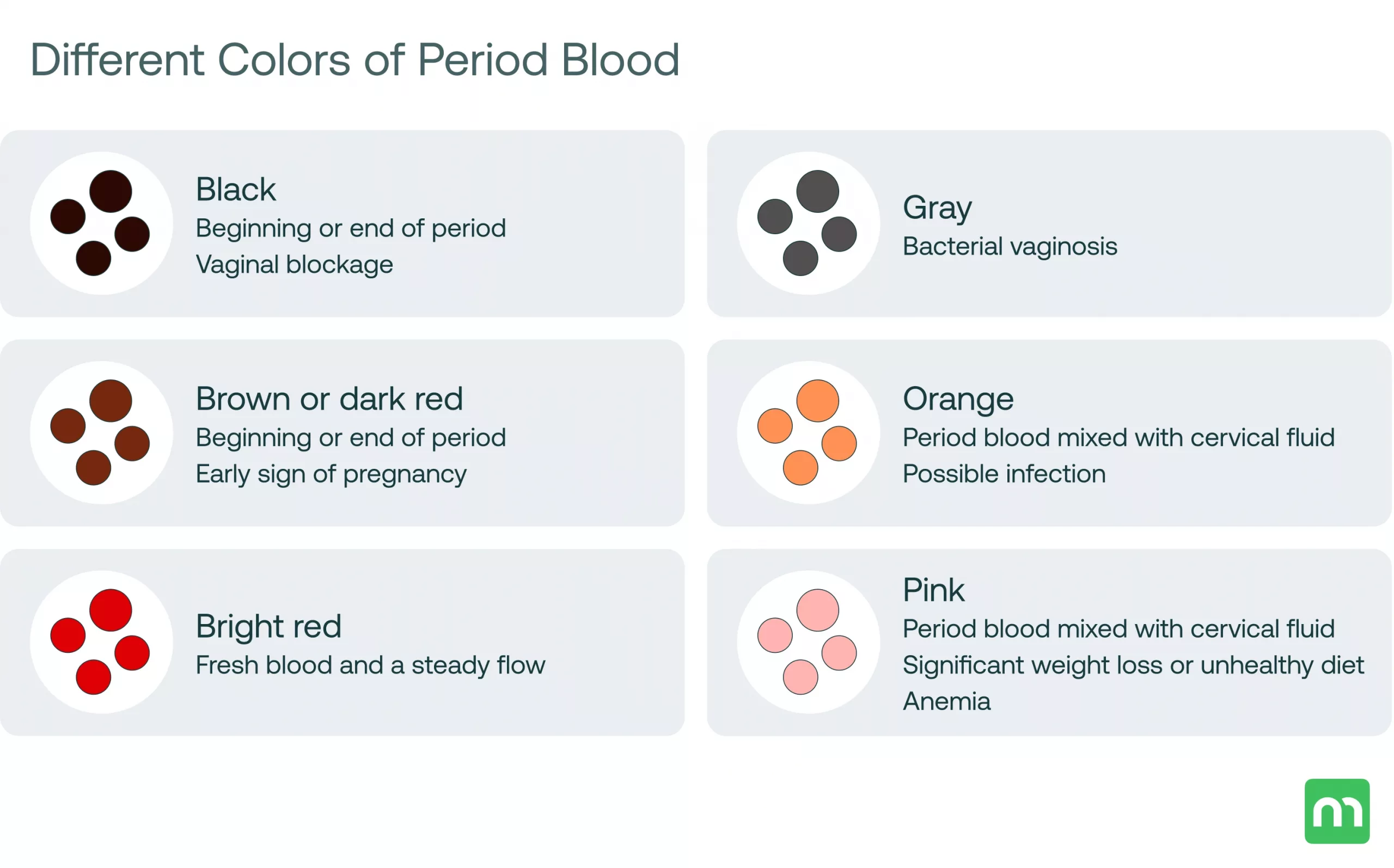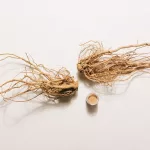So, Your Period Looks… Different?
At first, I thought it was nothing. Just another weird cycle glitch, right? Then I looked down midmorning and… it was different this time. Lighter, thinner, almost diluted—like someone had spilled water into my usual period blood. “Is this just a fluke, or could watery period blood sign of pregnancy be a real thing?”
If you’ve ever had that sudden jolt of “Wait, is my body trying to tell me something?”—yeah, you’re in good company. Let’s chat honestly about what watery period blood could mean for you. (Spoiler: it’s not always about pregnancy, but sometimes… it can be.)

The Watery Stuff—Why Does It Even Happen?
Okay, let’s start with the basics. Period blood comes in all sorts of outfits: thick, clumpy, dark, bright, even streaky or stringy. But watery? That’s a texture that leaves a lot of us staring at the toilet paper, puzzled.
The truth is, period blood isn’t just blood. It’s a mix of blood, bits of uterine lining, vaginal secretions, and sometimes other micro-goo (gross, but true). The texture and color shift all the time, and a bunch of things can dial up the “watery” factor:
- Start or end of your period – These phases often look lighter and more diluted, especially if your main flow has already passed.
- Hormone changes – Stress, new meds, birth control, or even your workout routine can play with your estrogen and progesterone levels, making periods lighter and thinner sometimes.
- Hydration and diet – Drinking lots of water or sudden changes in diet? It can show up in your flow, surprisingly enough.
If you’re the curious type (same!), check out Watery period blood first day for a deep dive on those first-day surprises. Apparently, it’s not weird to have a whole range of consistencies during your cycle.
Is There a “Normal” Here?
You know what’s so funny? The more you talk to other women, the more you realize nobody’s flow fits the textbook perfectly. If your usual period has a watery day or two, that’s probably fine. If it suddenly gets runny, clear, or strangely diluted—especially with other new symptoms—then maybe it’s time to pay closer attention.
A Table to Make It Clear (Because Visuals Help!)
| When It Happens | What It Looks Like | Should You Worry? |
|---|---|---|
| Start/end of period | Pale pink or diluted red | No, usually normal |
| Sudden watery blood mid-cycle | Runny, maybe mixed with discharge | Worth tracking if new or persistent |
| Paired with cramps/discomfort | Period blood bright red and watery with cramps | Look for other changes or talk to your doc |
Honestly, I’ve had a handful of panicked group texts over watery blood, especially after a tough spin class or during a stressful week at work. It’s wildly common!
Pregnancy and Watery Blood—Let’s Get Honest
So, here’s the big question that got you here: is watery period blood sign of pregnancy really a thing? The short answer… sometimes yes, sometimes no. (Sorry, wish it was more cut and dry!)
Implantation Bleeding—Not Your Average Period
Let’s talk about implantation bleeding. It happens if a fertilized egg snuggles into your uterine lining around 10–14 days post-ovulation. For some women—maybe one in three—it shows up as super light, watery, or pinkish blood. Just a dot or a streak on your underwear. Not even enough for a full pad.
This is way different from a regular period. Usually:
- The flow is light (we’re talking “spotting,” not “gushing,” here).
- The color’s pale pink, brownish, or just diluted red.
- It’s over quickly—one or two days, not the drawn-out week you expect from menstruation.
- It lines up with when your next period should start, which can seriously mess with your mind.
I’ll never forget the time my friend Anna told me about her surprise “period” — only it was so watery and short, she almost didn’t register it at all. A week later? Positive test. (She always swears she just “knew” something was different, but that’s Annie for you…)

How Do You Really Tell the Difference?
Hey, here’s the cheat sheet:
| Implantation Bleeding | Period Bleeding |
|---|---|
| Spotting or very light, watery flow | Full, steady flow, soaks a pad or tampon |
| Pink or brown, rarely bright red | Bright or dark red, often thicker |
| Lasts 1–2 days, sometimes only a few hours | Lasts 3–7 days, usually familiar pattern for you |
| Shows up about 6–12 days after ovulation | Shows up at a predictable time if cycles are regular |
(Based on info from doctor-reviewed period health guides)
Should You Worry Right Away?
If you only notice watery blood for a day or two and then… nothing? Especially if you feel more tired, queasy, or your boobs are suddenly off-limits? It’s totally justified to reach for a pregnancy test.
But watery blood alone—without any other big clues—doesn’t guarantee anything. Bodies are unpredictable. Hormones are moody. You can have a strange cycle and not be pregnant, or you can have no bleeding at all and still be expecting. No two people are the same.
When Your Body’s Telling a Different Story
Not to play hype master, but not every watery day is about a bun in the oven. Plenty of other stuff can bring on runny, light, diluted blood. Sometimes your body just… switches things up for no obvious reason.
- Low estrogen or other hormones out of whack: Perimenopause, new birth control, or too much high-intensity exercise can shrug your hormones off-balance. End result? Waterier flow for a little while. (Raise your hand if you ever doubled your workouts, only to have your cycle go weird. Guilty as charged.)
- Anemia or low iron: Sometimes, light watery periods come hand in hand with fatigue or dizziness. Eating well and maybe an extra iron supplement can help, but always best to check with your doctor. More on the connection can be found while reading about Period blood bright red and watery with cramps—sometimes these symptoms overlap.
- Infections or more serious stuff: STIs, yeast, or bacterial infections can all tweak your flow texture. If you ever notice a funky smell, heavy change, or it’s mixed with pain/itching—book that appointment, friend.

Should You Call the Doctor?
Let’s keep it real. Life throws us curveballs—we get new jobs, run marathons, skip meals, or maybe start a new diet trend (kombucha cleanse, anyone?). Those things shake up our cycles. If you spot a watery patch one time, no big deal. If it’s every cycle for a while, or there are other weird symptoms?
- You’re bleeding at strange times (way before or after your expected period)
- The blood looks super different and you notice fatigue, irregular timing, or new pain
- There’s an odor, severe cramping, or the blood is accompanied by tissue/clots you haven’t seen before
Time to check in with your doctor or gyno. Quick tip: track it on a period app or good old notebook. Patterns tell the real story—way more than a random one-off.
The Emotional Stuff—You’re Not Alone
I’d be lying if I said I never freaked out over a surprise change. Sometimes your mind goes wild—am I sick? Is it stress? Am I… pregnant?! Reality check: most of us have an “off” cycle at some point, and our brains always jump to that worst-case, best-case place. That’s being human.
Noticing a lighter, watery start? Hop over to Watery period blood first day and see what’s normal during those new cycle phases. The more you know about your rhythm, the less surprising the rest feels.
Look for the “Crowd” of Clues
Blood alone doesn’t spill all the secrets. Sometimes it’s cramps, fatigue, or a sudden love/hate relationship with toast. Sometimes it’s boobs so sore you can’t sleep on your stomach. Or… absolutely nothing but a feeling something’s up.
If you ever get watery, bright red blood and cramps, take a pause. It’s not always a red flag, but if you want peace of mind, there’s no harm in checking period blood bright red and watery with cramps for more context—or better yet, getting tested just to be sure.
Final Thoughts—Grab Life (and That Test If You Need To!)
Let’s wrap it up, real talk style. Watery period blood sign of pregnancy? Sure, there’s a chance—especially if it’s pretty light, short-lived, and lines up with when Aunt Flo was due. But honestly, it’s usually just a signal that your body’s shaking up its routine. Maybe it’s hormones, maybe it’s stress, or maybe your cycle is just being a little wild this month.
The best thing you can do? Track your cycle, notice what’s “normal for you,” and listen to the rest of your body. Need confirmation? Take that test. Still confused? Ask your doctor, or open up to a friend (there’s always someone who’s been there). Most of all: don’t beat yourself up for not knowing. None of us do, until we ask, share, and learn.
Your period, your body, your story—let it inform you, not scare you. And hey, when in doubt, know you’ve got a squad of women asking similar questions and having the very same “Huh. That’s new” moments. Got a story or tip? Leave it in the comments (or text your group chat—it works, trust me).

























Leave a Reply
You must be logged in to post a comment.